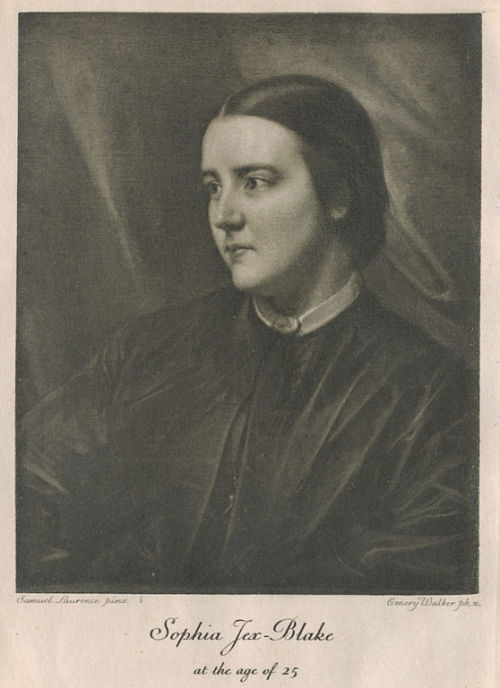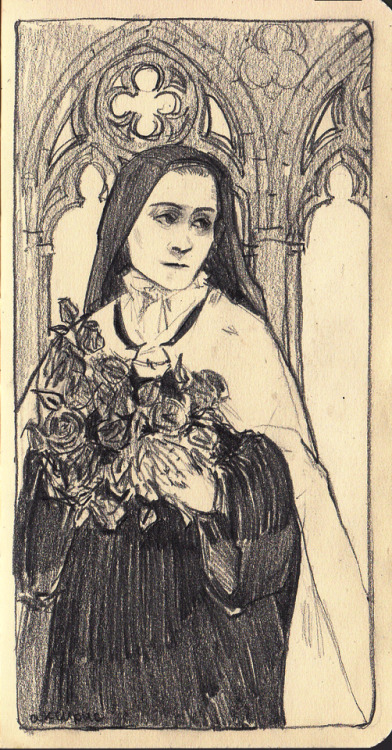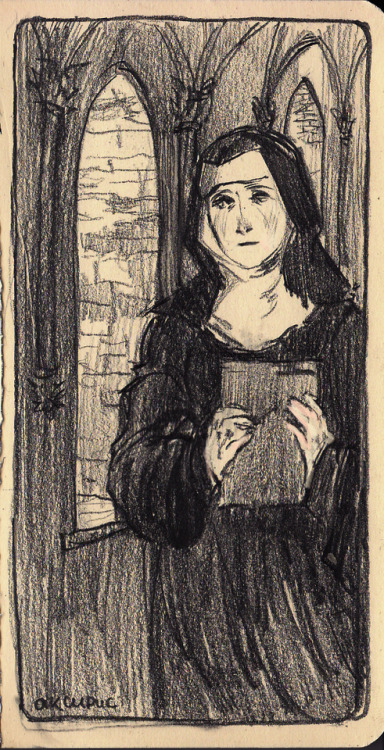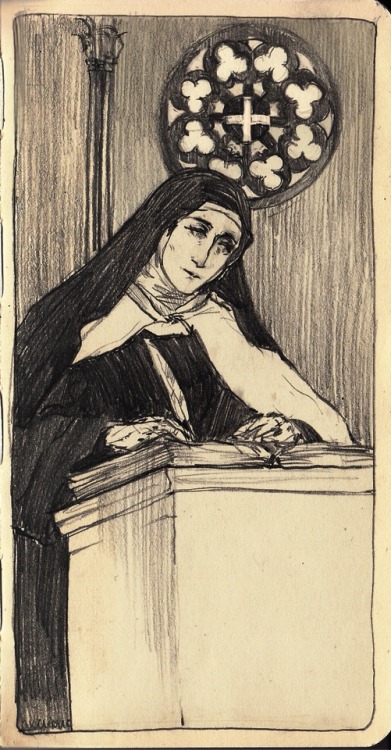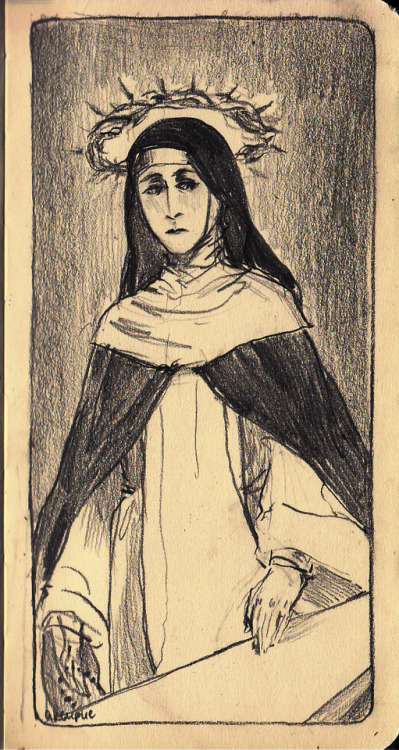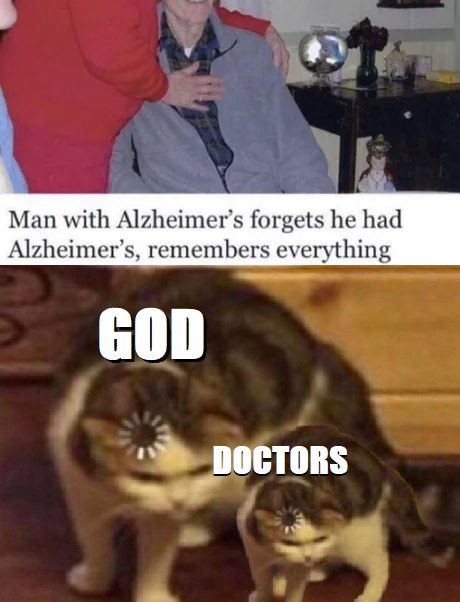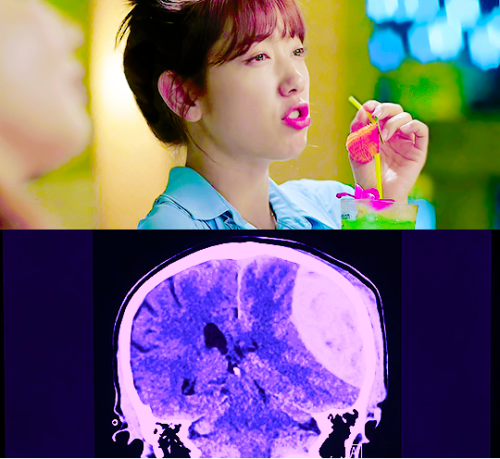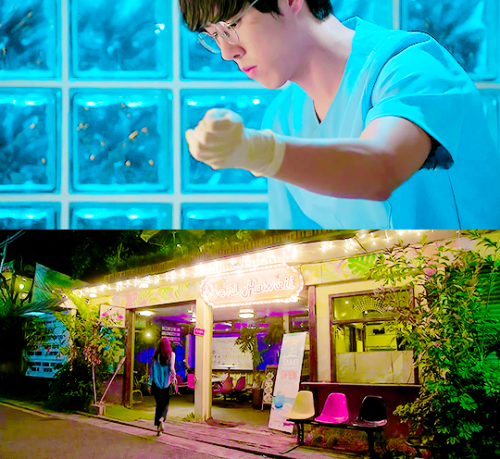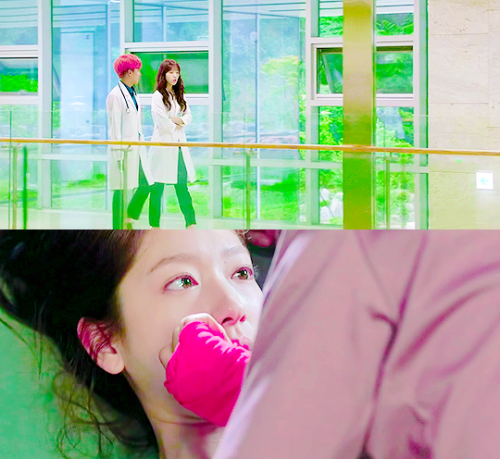#doctors
Sophia Jex-Blake, MD
So, friends, it’s been a while. This is going to be a quick post to celebrate the amazing lady pictured above, a Victorian trailblazer whom you may not have heard of before but definitely should remember from now on.
Sophia Jex-Blake, quite apart from having one of the sickest Victorian names I’ve ever come across, was the leader of the ‘Edinburgh Seven’ (the others were Isabel Thorne, Edith Pechey, Matilda Chaplin, Helen Evans, Mary Anderson, and Emily Bovell). These seven women petitioned the University of Edinburgh to allow them to matriculate [i.e., to become students on a course for a degree] in medicine. At first, the uni told Jex-Blake – who initially sought to take the entrance exam alone, before enlisting the help of the others – it would be too expensive and disruptive to have to set up lessons, exams, surgery theaters, etc., for just one woman. Obviously this was an excuse to exlude Jex-Blake because of her gender, which the medical establishment deemed too sensitive and too distracting to allow into their halls. Jex-Blake called their BS, publicly calling for like-minded women via posts in The Scotsmannewspaper and thus gathering together six fellow women. The Edinburgh Seven thus studied up for the matriculation exam. As the Wiki report notes:
Of the 152 candidates who sat the exam on 19 October 1869, five were women. Four of the women came in the top seven places. [x]
By18 November 1870, they were in.
Except, as Virginia Woolf can tell you, getting “in” isn’t the end of the struggle. Once Jex-Blake et al. had joined the program, pushback from the male-dominated students, teaching assistants, professors, and physicians made attending classes – even gettingto lectures – incredibly difficult. Not only did the university charge the womenhigher tuition fees (for the inconvenience of being women and thus necessitatingseparate courses!), but also offered them fewer scholarship opportunities to pay for their coursework. More violent reactions came from classmates and TAs:
Sophia later wrote that it was “as if a conspiracy had been formed to make our position as uncomfortable as might be”. She catalogued the abuse: her doorbell was “wrenched off” and her nameplate damaged five times; a Catherine wheel was attached to her door; smoke was blown in their faces;filthy letters were sent; they were waylaid in quiet streets; obscenities were shouted at them in public.
Edith Pechey, in a letter to the Scotsman, also spoke of being followed in the streets and having “the foulest epithets”, such as “whore”, shouted at her. [x]
Eventually, after an actual “Servants’ Hall riot” about their attendance, the Seven got near the end of their degrees, only for the university to rule in 1873 that the women were to be rejected of their degrees and dismissed.
After that, each of the Seven decided to pursue her medical career elsewhere. Jex-Blake went to Switzerland to finish her training, then eventually – in 1877 – was recognized in Ireland (still then unified and part of the UK) as a doctor. Thus she was eligible to practice in Britain at last.
But she didn’t just go back to any old major or country hospital. Instead, Jex-Blake(at first with Pechey and other comrades from the Edinburgh fight) founded the Edinburgh School of Medicine FOR WOMEN in 1886! For six years, their school continued to be the only one that fully admitted female students in the discipline of medicine; according to the history of the Royal College of Physicians of Edinburgh, “During the twelve years of the School’s existence,at least 80 students started courses of whom 33 completed their training there; [and] 31 completed their training elsewhere” (x). Nor were these just the same middle-class white women who had stormed the Uni of Edinburgh the previous decade:
At the start of the summer term 1888, Annie Wardlaw Jaganndham, a Hindu woman, came to Edinburgh to continue her medical studies. She was soon joined by Annie Wells, who had studied for the Certificate of Medical Practitioner at Madras University and the Grant Duff Gosha Hospital. Dr Jaganndham was the first of many newly qualified doctors to become resident medical officer in the Edinburgh Hospital for Women and Children, to be followed by other newly qualified young doctors in that position. Other doctors who had studied at the School served in more senior posts in the hospital.
After the two women from India graduated, Dr Jex-Blake wrote a second article which was published in The Spectator in 1890. She again stressed the need for women doctors in India. Her plea was answered by Mr James Cropper who instituted a scholarship for that purpose. The first recipient was Rose Govindurajulu who had taken some medical classes in Madras and been given study leave from her post in the Mysore Hospital. Having qualified, she returned to Mysore to become Assistant Physician and later Surgeon in the Mahareenee’s Hospital. (x)
Now, any fair history of Jex-Blake has to acknowledge her reputation – especially among the women with whom she had begun this fight, and who had been the first teachers at the Edinburgh School – as “brilliant, hot-tempered, and resourceful”in a more generous light; in a more unforgiving one, for being a tenacious tyrant. Eventually, disagreements between Jex-Blake and several of her female colleagues led them to part ways, with the Cadells setting up their own school for women in Edinburgh.
In 1894, though, these schools become moot: the University of Edinburgh finally saw the light, and began admitting women for the Faculty of Medicine. (Their tuition still wasn’t covered, and they still for a while had to attend separate lectures from the male students.) Jex-Blake’s and the others’ newer schools were no longer needed, and since they had been a financial and personal burden on Jex-Blake and the other founders from day one, the ESMW closed in 1898.
More happily, Jex-Blake lived the rest of her life with her companion, Dr. Margaret Todd, a younger woman who had graduated from Jex-Blake’s school in 1894! Not only was Todd a minorly successful novelist, but she also is credited with coining the term “ISOTOPE” (!!!), when discussing with friend and chemist Frederick Soddy his work on, well, isotopes. Soddy went on to win the Nobel Prize in chemistry (in 1921, for this very work); Todd went (obviously) unrecognized for years. She died in 1918, at age 58, after completing a detailed work on Jex-Blake’s life.
Jex-Blake herself died in 1912, age 71. As the Edinburgh alumna page dedicated to her notes, she “continued to campaign for women’s suffrage” both in Britain and in the larger empire “until her death” (x).
Reupping for International Women’s Day 2018
Post link
Book Review: Rediscovery: Science Fiction by Women Volume 2 (1953-1957)
Book Review: Rediscovery: Science Fiction by Women Volume 2 (1953-1957)
Book Review: Rediscovery: Science Fiction by Women Volume 2 (1953-1957) edited by Gideon Marcus
As the introduction by Janice L. Newman points out, women have written science fiction all along. The percentage of them getting published at any given time in the magazines and books waxed and waned, but they were always there. In the period of the 1950s covered in this volume, they averaged about 1…

Movie Review: The Vampire (1957)
Movie Review: The Vampire (1957)
Movie Review: The Vampire (1957) directed by Paul Landre
Dr. Paul Beecher (John Beal) is a typical small-town doctor of the 1950s. He has an office in his house staffed by new pretty nurse Carol Butler (Coleen Gray), and also makes house calls. A widower, he lives with his young (11-12) daughter Betsy (Lydia Reed), who cooks for him when not taking ballet and piano lessons (the teachers can’t…

the way so many doctors and medical professionals just don’t be giving a fuck about the patients

Women who had been named a doctor of the Church:
- Thérèse of Lisieux
- Hildegard of Bingen
- Teresa of Ávila
- Catherine of Siena
Post link

Working Selfie
Two posts in one week aren’t you a lucky lot.
So I ran out of antidepressants/anxiety tablets a week ago and it feels like i’m awake for the first time in months, but I have however noticed that I have been struggling to sleep again and I am getting worked up about the silliest of things again. I’m unsure what to do, should I go back to the doctors or stay of them as I actually feel awake and not like some zombie that is just passing through the motions in life, so far luckily I haven’t had any major downers which is a plus but it will probley happen at some point Just really unsure on what to do.

